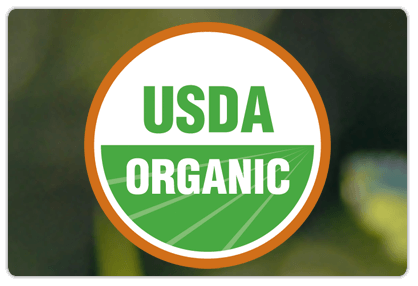Organic farming in the U.S. is a blossoming business opportunity for farmers across the country. Overall industry sales totaled $1 billion in 1990 when the nation’s organic laws passed, and then reached a recent high of $55 billion. Unfortunately, there are some unintended loopholes in the regulations that allow non-organic products to be labeled as organic. The industry is concerned about the effect on the credibility of their label.

The Organic Trade Association is one of several groups working on closing the loopholes and making enforcement of the regulations more uniform. They’ve been working on it since 2017 when the Washington Post reported on 36 million pounds of fraudulently labeled soybeans that entered the United States.
“We started our legislative work in 2018 when the new farm bill went into effect,” said Gwendolyn Wyard, the Vice President of Regulatory and Technical Affairs. “That gave the National Organic Program the support, funding, and the authorization to do its work.”
The USDA released a proposed rule last July designed to detect and deter the kind of fraud the industry is fighting. The National Farmers Union points out that millions of dollars of non-organic products have been intentionally mislabeled and sold in the U.S. The scale of the problem is large and requires equally large solutions.
Wyard says this is the largest single piece of rule-making since the USDA organic regulations first went into effect in 2002. She calls it a complete overhaul of the rules that will strengthen the oversight and enforcement of rules governing the production and sale of products. “It will close gaps in the supply chain and strengthen regulations to prevent fraud,” Wyard added.
“We must do this, and we do it right,” she said. “Shoppers need to know that organic standards are strong. Fraud takes the value out of the supply chain and hurts producers wherever they farm. We rely entirely on consumer trust.”
Here’s the rest of the conversation.
